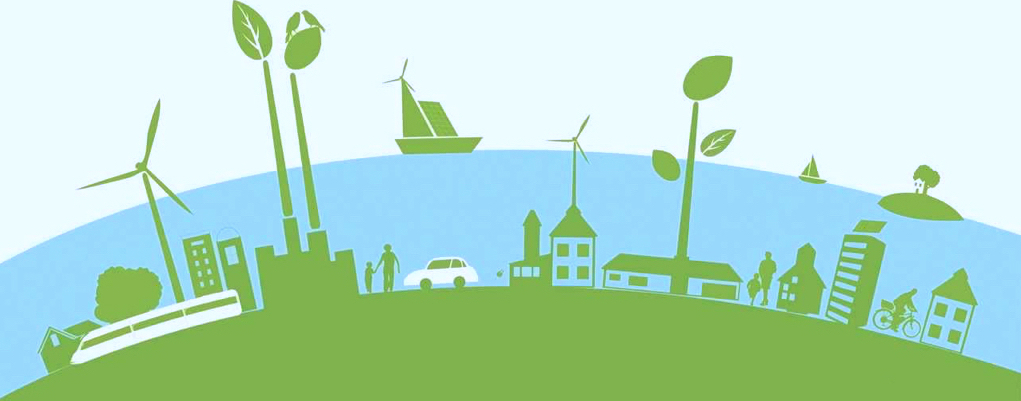Investment strategies that place emphasis on sustainability and corporate social responsibility are offering competitive returns in this difficult financial landscape. The incentives of global financial and business operations are shifting, as there are even greater profits to be made from the elimination of environmental, social and long-term economic damage caused by unsustainable commercial excess.
Al Gore, the Former US Vice-President and winner of the Nobel Peace Price in 2007, has made more money over the past decade through his new project Generation Investment than most fund managers who were guided by a pursuit of profit at any price (even if it is socially or environmentally destructive). The formula is simple – apply an environmentally conscious model of sustainability in all investment decisions. The average return for Generation Investment’s Global Equity Fund over the same period was 12.1% per year, more than 500 basis points above the MSCI World Index (a widely accepted measure of global stock market performance) average growth rate of 7% per year. In a recent survey of more than 200 global equity managers compiled by Mercer, Generation’s ten year average return was ranked second as well as being among the least volatile. Even Dominic Barton, Global Head of McKinsey, has commented how Generation Investment has ‘created a real demonstration vehicle for the idea that if you are broad-minded and care about externalities, you can actually add shareholder value.’
Capitalism has historically shown its superiority to all other social systems, as it has proven to unlock a higher portion of human potential while increasing social productivity. Although financial markets are undoubtedly an efficient way to allocate the world’s resources, they can also overshoot and lead to economic disasters such as the Global Financial Crisis of 2008. Similar to how the Industrial Revolution of the 19th century led to reforms in the United States and a revolution in Russia, and how the Great Depression led to the modern social welfare state, we are now entering a capitalist crisis of our own that requires immediate action. With the recent increase in volatility across financial markets, a widening gap in global wealth and the intensifying pressures on the natural environment, we are once again leading ourselves towards a fundamental change in the economic system from a focus on short term benefit to the long term.

Big Tobacco, an extremely profitable industry fifty years ago, has since gone downhill as public health concerns significantly (and negatively) impacted smoking rates and revenues. Although Coca-Cola has experienced decades of worldwide success, the fact that obesity is prevalent in all of the organization’s leading market countries could pave the way for similar issues in the future. Generation Investment takes this sentiment one step further with the coal and petroleum industry, reporting that all reserves are standard assets whose theoretical market value of $21 trillion would never be fully realized because the environmental, legal, technological and market constraints (such as those experienced today) will prevent that carbon from being sold and burned.
This new age of sustainability requires the realization of two objectives once considered contradictory – making money and supporting socially responsible initiatives. Certain businesses are already leading the way in advancing sustainability goals. These include Microsoft, who works alongside the Bill Gates foundation and provides goods and services consistent with a low carbon, healthy and safe society. Qualcomm is notable for its clean manufacturing and energy-efficient processing chips. John Deere provides equipment that support ‘precision agriculture’, which increases crop yields while reducing the demand for energy, water and chemical inputs. Unilever, the single largest palm-oil purchaser, is now coordinating international efforts towards sustainable palm-oil production.
Our objective here at Primordiales is to take this a step further, following sustainable capitalism and impact investing directives to provide an example of a socially responsible and environmentally friendly path towards higher investment returns. We believe the real value of a company and investment is not only within its balance sheet and return, but also on the culture it fosters and the impact it has on societies and environment in which it operates.